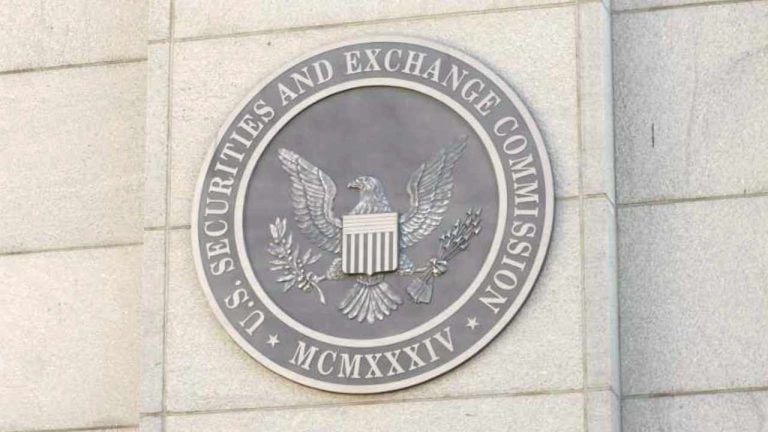 The U.S. Securities and Exchange Commission (SEC), the Federal Reserve Board (FRB), and the California Department of Financial Protection and Innovation (DFPI) have taken action against Silvergate Capital Corp., the holding company for Silvergate Bank, and its former executives for misleading investors and failing to monitor significant transactions. Silvergate has agreed to pay penalties without […]
The U.S. Securities and Exchange Commission (SEC), the Federal Reserve Board (FRB), and the California Department of Financial Protection and Innovation (DFPI) have taken action against Silvergate Capital Corp., the holding company for Silvergate Bank, and its former executives for misleading investors and failing to monitor significant transactions. Silvergate has agreed to pay penalties without […]
The limitations set out in the Federal Reserve’s new Program provides additional measures to its original policy statement laid out in January.
The United States Federal Reserve is broadening the scope of its supervision program which oversees U.S. banks that engage with the cryptocurrency and blockchain industry.
An Aug. 8 announcement by the Federal Reserve Board established the Novel Activities Supervision Program which aims to limit certain crypto-related activities and facilitate a more fair playing field for banks involved with servicing the digital asset industry.
The program is an additional measure to the Board’s Jan. 27 policy statement that aims to ensure all Fed-supervised banks are subject to the same crypto-related limitations.
@federalreserve provides additional information on its program to supervise novel activities in the banks it oversees: https://t.co/6MiItQwO7V
— Federal Reserve (@federalreserve) August 8, 2023
Activities regulated under the program include the custody, lending, trading, issuance or distribution of crypto including stablecoins.
Providing banking infrastructure to digital asset firms or working with companies that use distributed ledger technologies is also regulated, according to a letter from the Board.
The Fed said the objective of the novel activities program is to balance financial innovation with appropriate risk management practices to ensure the safety and soundness of the banking system.
Related: FedNow Service has no relation with CBDCs, Federal Reserve clarifies
Registered banks involved in the “risk-based” program may be subject to examination by the Fed Board which will evaluate whether the novel activities are in compliance with its policies and U.S. law.
The policies apply to both insured and uninsured U.S. banks supervised by the Board.
While the program looks to provide stricter oversight on U.S. banks, the Federal Reserve implied that it isn’t discouraging state banks from cutting ties with industry, presumably including the digital asset firm sector.
Magazine: Unstablecoins: Depegging, bank runs and other risks loom

In a post-FOMC meeting on March 22, the chairman of the Federal Reserve said his “only interest is that we identify what went wrong here.”
United States Federal Reserve Chairman Jerome Powell has conceded that his regulator was blindsided by the sudden collapse of Silicon Valley Bank, despite it being under their watch.
In a press conference held just after the Federal Open Market Committee meeting on March 22, Powell said he immediately knew there was a need for an internal investigation when the bank shut down on March 10, stating:
“I realized right away that there was going to be a need for a review. I mean, the question we were all asking ourselves over that first weekend was, ‘how did this happen?’”
The Federal Reserve on March 13 announced the launch of an internal investigation led by Vice Chairman Michael Barr to look into the events surrounding the failure of SVB and how the Fed “supervised and regulated” the bank.
Powell confirmed that Barr will be testifying next week.
“We’re doing the review of supervision and regulation,” Powell said. “My only interest is that we identify what went wrong here,” he added.

SVB’s collapse has been linked to the Federal Reserve’s successive interest rate hikes that have been aimed at taming inflation. This is understood to have eroded SVB's long-term bonds it purchased at near-zero rates.
When SVB announced that it suffered a $1.8 billion after-tax loss and was looking to raise $2.25 billion, the market panicked, leading to a $160 billion wipeout in its market cap in 24 hours.

At the time, despite SVB CEO Greg Becker urging investors to “stay calm” and not to “panic”, depositors began to request withdrawals from SVB en masse, causing a bank run.
On March 10, the United States Federal Deposit Insurance Commission stepped in, taking possession of SVB to help depositors get access to their money. Emergency measures were put in place by the government soon after to guarantee all deposits at SVB.
Related: Fed starts ‘stealth QE’ — 5 things to know in Bitcoin this week
Powell’s latest comments on SVB come as the Federal Reserve Board announced that it will increase interest rates by 25 basis points.
The news has U.S. Senator Elizabeth Warren frustrated with Powell, who has now raised interest rates nine consecutive times to 5%.
“I think he’s a dangerous man to have in this job,” she said, in a March 22 interview on CNN.
“We’ve never seen hikes at this rate in the modern economy,” she said, adding that it risks “pushing our economy into a recession.”
Warren believes the effects of Powell’s “weak” regulatory approach toward large banks in the U.S. over the last five years is another factor to blame for the recent banking crisis:
“I predicted five years ago the consequence of that kind of weakening would be that we see these banks load up on risk, build their short term profits, give themselves ginormous bonuses and big salaries and then some of those banks would explode.”
"That is exactly what has happened on Jerome Powell’s watch,” Warren added.
Related: Unstablecoins: Depegging, bank runs and other risks loom
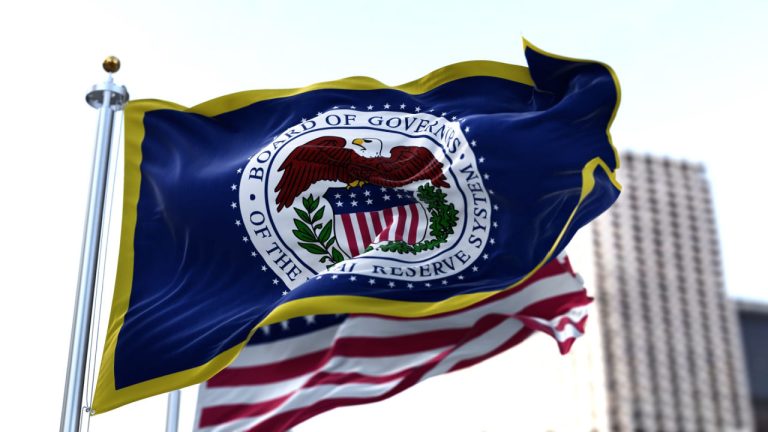 The U.S. Federal Reserve Board has rejected the attempt of Custodia Bank to become member of the Federal Reserve System. According to the decision announced Friday, the application submitted by the digital asset bank is inconsistent with legal requirements. Federal Reserve Board Says Business Model Proposed by Custodia Bank Presents Risks Crypto bank Custodia has […]
The U.S. Federal Reserve Board has rejected the attempt of Custodia Bank to become member of the Federal Reserve System. According to the decision announced Friday, the application submitted by the digital asset bank is inconsistent with legal requirements. Federal Reserve Board Says Business Model Proposed by Custodia Bank Presents Risks Crypto bank Custodia has […]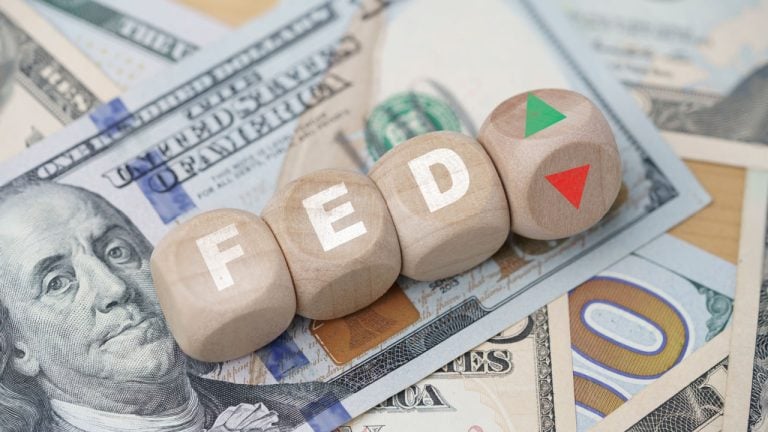 The United States Federal Reserve Board said on Jan. 27 that both insured and uninsured banks will be subjected to limits on certain activities including those that are associated with crypto assets. The board’s latest action does not preclude a state member bank or prospective applicant from providing crypto-assets safekeeping services. Limiting Regulatory Arbitrage The […]
The United States Federal Reserve Board said on Jan. 27 that both insured and uninsured banks will be subjected to limits on certain activities including those that are associated with crypto assets. The board’s latest action does not preclude a state member bank or prospective applicant from providing crypto-assets safekeeping services. Limiting Regulatory Arbitrage The […]
The chief global strategist at JPMorgan Asset Management is reportedly warning investors to avoid Bitcoin (BTC) as the threat of a recession looms. In a new Bloomberg report, David Kelly says that there’s a high risk of recession and further volatility. “The economy has got one foot into a recession and the other on the […]
The post Banking Titan JPMorgan Recommends To Steer Clear of Bitcoin (BTC) Amid High Risk of a Recession: Report appeared first on The Daily Hodl.
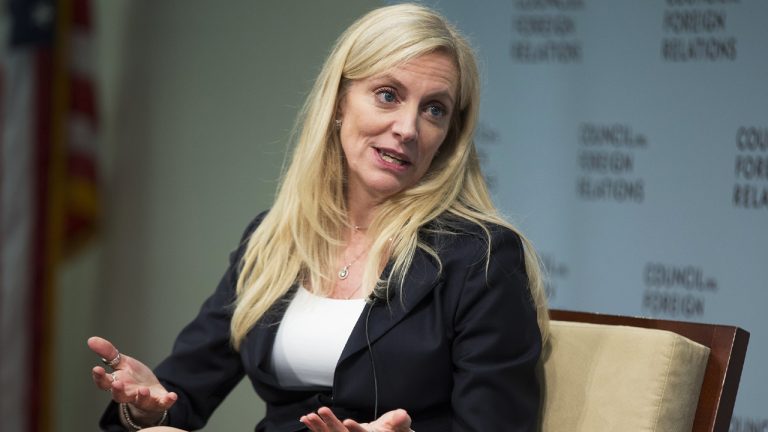 The U.S. Federal Reserve Board has said it has released the final guidelines which are set to be used by Reserve Banks when “reviewing requests to access Federal Reserve accounts and payment services.” According to the board, the final guidelines will become effective as soon as they are published in the Federal Register. New Guidelines […]
The U.S. Federal Reserve Board has said it has released the final guidelines which are set to be used by Reserve Banks when “reviewing requests to access Federal Reserve accounts and payment services.” According to the board, the final guidelines will become effective as soon as they are published in the Federal Register. New Guidelines […]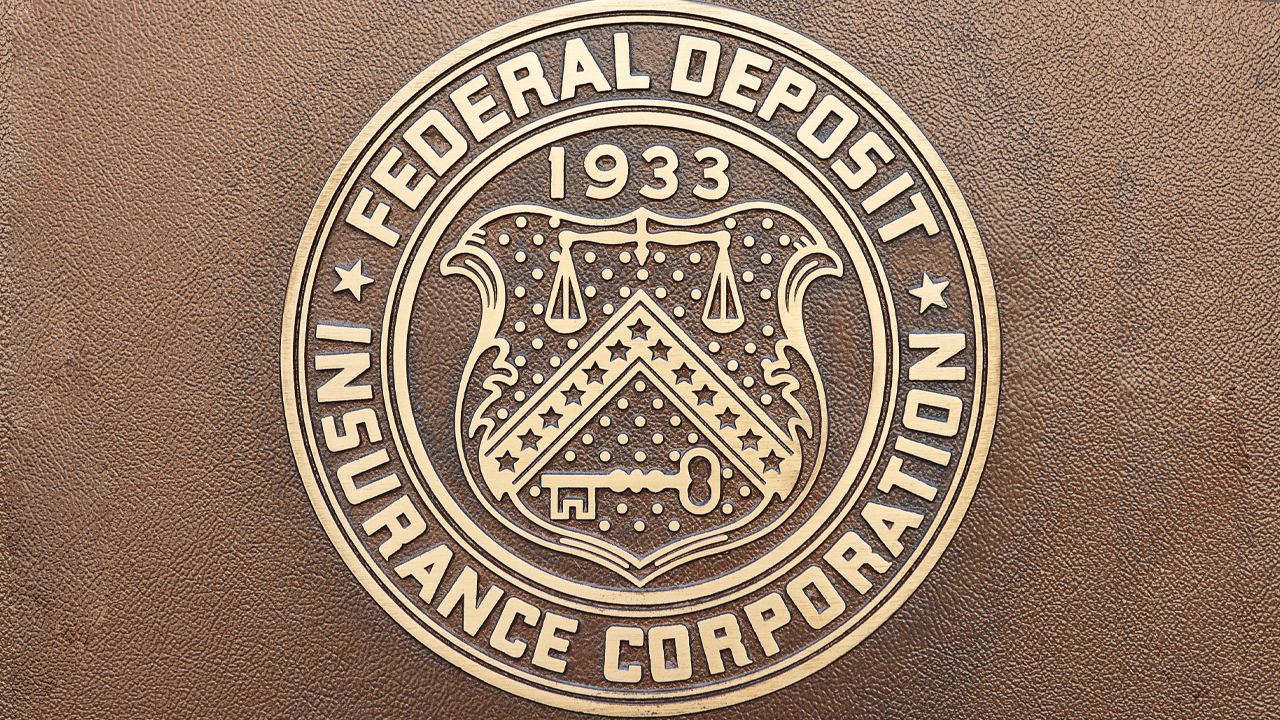 Following Voyager Digital’s application for bankruptcy protection during the first week of July, Federal Deposit Insurance Corporation (FDIC) and the Federal Reserve Board today issued a joint letter to the company demanding a cease and desist against Voyager’s FDIC claims. The FDIC’s letter explains that Voyager’s FDIC claims are false and misleading, and the entity […]
Following Voyager Digital’s application for bankruptcy protection during the first week of July, Federal Deposit Insurance Corporation (FDIC) and the Federal Reserve Board today issued a joint letter to the company demanding a cease and desist against Voyager’s FDIC claims. The FDIC’s letter explains that Voyager’s FDIC claims are false and misleading, and the entity […]